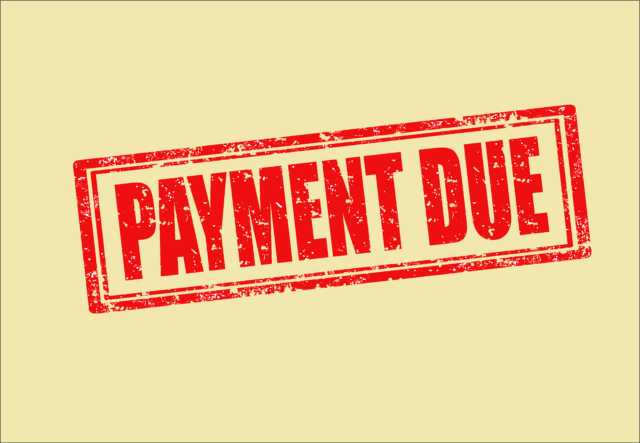
Work Overpayments among New Social Security Disability Insurance Beneficiaries
Abstract
This paper studies the experiences of the 2008 cohort of first-time Social Security Disability Insurance beneficiaries who were at risk of overpayment because they engaged in substantial gainful activity (SGA) after completing the trial work period and grace period (work incentives allowing beneficiaries to test work). It uses data from the December 2020 Disabled Beneficiaries and Dependents extract from the Social Security Administration’s Master Beneficiary Record to describe overpayment rates, amounts, and temporal characteristics of overpayments. Drawing on the 2019 Disability Analysis File and Master Earnings File, it also documents the sequence of program milestones overpaid beneficiaries experienced and compares the experiences of overpaid beneficiaries with those whose benefits were concurrently suspended or terminated for work and not overpaid. This analysis focuses on the first occurrence of program milestones. Understanding beneficiary pathways to overpayments might help policymakers design policies that minimize overpayments or, if they occur, help beneficiaries maintain their connection to employment.
The paper found the following:
- Among a sample of 31,520 2008 first-time Social Security Disability Insurance awardees at risk of a work-related overpayment, 82 percent (25,846) were overpaid in the first 10 years after award.
- Among those overpaid within 10 years of award, half of all overpayments began in the first four years after award.
- Nearly all overpayments (89 percent) began in the first month of SGA after exhausting trial work period and grace period months.
- Most overpaid beneficiaries (79 percent) followed a direct route to overpayment, experiencing award, earnings, trial work period completion, and then engaging in SGA (after the grace period). About 16 percent received employment network or vocational rehabilitation services before their first month of post–grace period SGA.
- Overpaid beneficiaries are 7.5 percentage points less likely to experience work termination in the first 10 years after Social Security Disability Insurance award compared with at-risk beneficiaries who are not overpaid.
The policy implications of the findings are:
- Earnings reporting reminders sent in the four years after award could help encourage reporting and reduce the likelihood or amount of overpayment.
- Engaging employment network or vocational rehabilitation providers in issuing earning reporting reminders or directly assisting with earnings reporting to SSA could help avoid overpayments.
- Because overpaid beneficiaries experience lower rates of work termination relative to at-risk beneficiaries who are not overpaid, supports to overpaid beneficiaries might help them maintain employment at higher rates.







